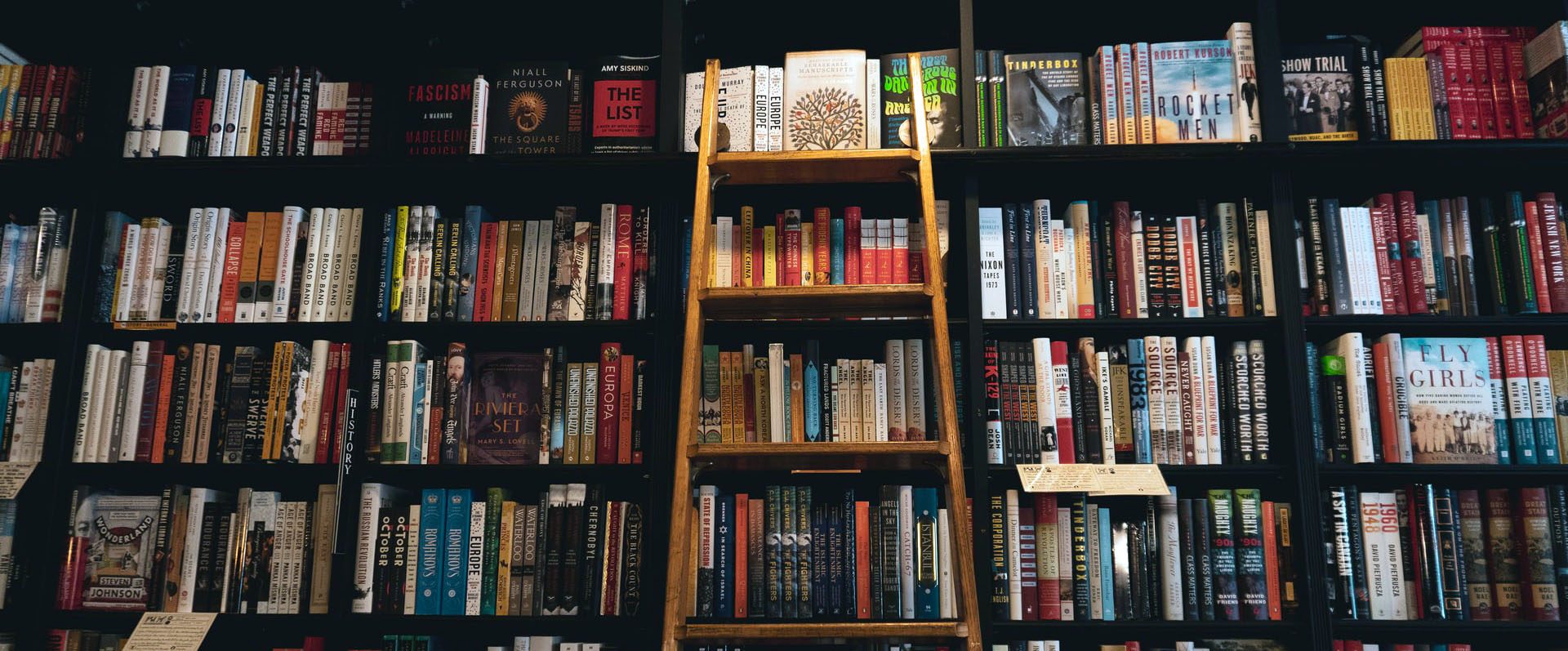Canterbury Cathedral Archives and Library
The Cathedral Archives and Library house a fantastic and diverse range of historic collections, which include manuscripts, photographs, maps, and printed books dating from the late 8th century up to the modern day. To access the material, you’ll need to book an appointment. The Reading Room is open for researchers on Wednesdays and Thursdays.
If you’re unsure about something, don’t hesitate to send them an email! They are enthusiastic about welcoming students and understand that visiting an archive for the first time can be daunting. Whether you have big or small questions about visiting or using the collections, they would be more than happy to assist. For all enquiries and bookings, please use the following email: archives@canterbury-cathedral.org.
Some highlights for English and American Literature and Creative Writing students are:
- Medieval literature: A wonderful selection of incunabula and works such as Dives and Pauper (1496), De oculo morali (1476), and the Legenda Aurea (the Golden Legend) (1493), as well as Early Modern printed editions of Chaucer.
- Early Modern literature: The Cathedral Library has a great range of contemporary printed editions of works by writers such as Spenser, Dryden, Dekker, Lyly, More, Donne, Milton, and Samuel Johnson. The Cathedral also holds copies of the 1722 Kentish Post (Canterbury’s first newspaper), which features a serialisation of Defoe’s Moll Flanders.
- Early Modern drama : They have some fantastic resources for Early Modern drama, including rare surviving play quartos from 1594 to 1605, a Shakespeare second folio (with annotations!), and works by Jonson, Kyd, Marston, and Aphra Behn.
- Victorian material: This includes contemporary printed copies of sonnets by Wordsworth, as well as works by a number of Victorian women writers. The Cathedral Archive also has letters from Ada, Lady Sudeley, and a manuscript poem by Helen Hinsdale Rich. As background to the era, they hold editions of the Illustrated London News (1852-1863, 1897, and 1937) with articles covering events such as the death of Prince Albert and the progression of the American Civil War, as well as smaller pieces on fashion, and crime reports. They also hold a Victorian woman’s scrapbook: a fascinating insight into what interested many women of the era.
- 20th Century drama: The Cathedral holds records of modern performances of plays within the precincts, including annotated copies of T.S. Eliot’s Murder in the Cathedral, costume designs, and photographs of the performances.
Those interested in the broader context of historical literature, or looking for some inspiration for their own writing may also be interested in:
- Archives of the Cathedral and the City of Canterbury: They have records for the Cathedral dating from the 9th century onwards, and records for the City dating from c.1155 to modern day. These include an account of a miracle attributed to St Thomas Becket, records of the city court and jail, royal proclamations, the handwritten diaries of Elizabethan courtier and politician Sir Arthur Throckmorton, and 17th century pamphlets covering events such as Canterbury’s “Plum Pudding Riots” and the Kentish uprising.
- Medieval to Georgian travel and exploration: They have a fantastic range of printed accounts of travels to far-flung countries across the world, from a 1477 guide to Rome to voyages of the known world in the early 19th
- Early Modern and 18th century medical books: The collections include a number of herbals and botany books, volumes on surgery, anatomy, and medicine, and health guidance such as how to prevent and cure the plague (1636).
- World War I: Holdings include records from the Dane John and St Augustine’s College VAD Hospitals (including patient records, accounts, and photographs), and the war diary of F. S. Maxted (1914-1920).
- World War II: Holdings include bomb maps for Canterbury, and letters relating to the war memorial.They also hold Canterbury’s civil defence records, which cover death and injury records, air raid protection, the home guard, evacuation, and war damage.
Canterbury Cathedral Archives and Library work closely with Special Collections & Archives to offer teaching, events and collaboration that spans both institutions’ collections.
You can explore holdings using the Cathedral Archives catalogue, and the Cathedral Library’s holdings through LibrarySearch.
To find out more, visit their website.
